Five Reasons You’ve Got Something To Hide
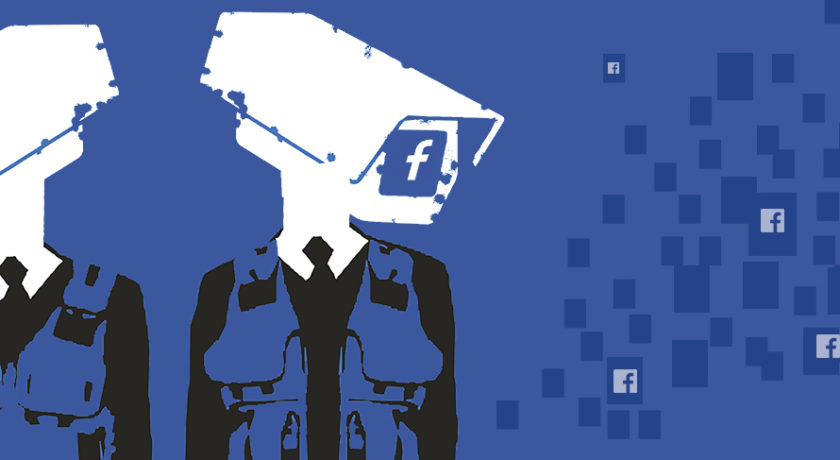
What’s the difference between Kim Kardashian and Facebook? They’re both trying to break the internet, but only Kim openly admits it. Facebook, on the other hand, denies the influence of its ‘bad ads’ (see Russian sponsored fake news) despite boasting to commercial clients that it is the most persuasive advertising platform ever. It’s a corporate identity crisis!
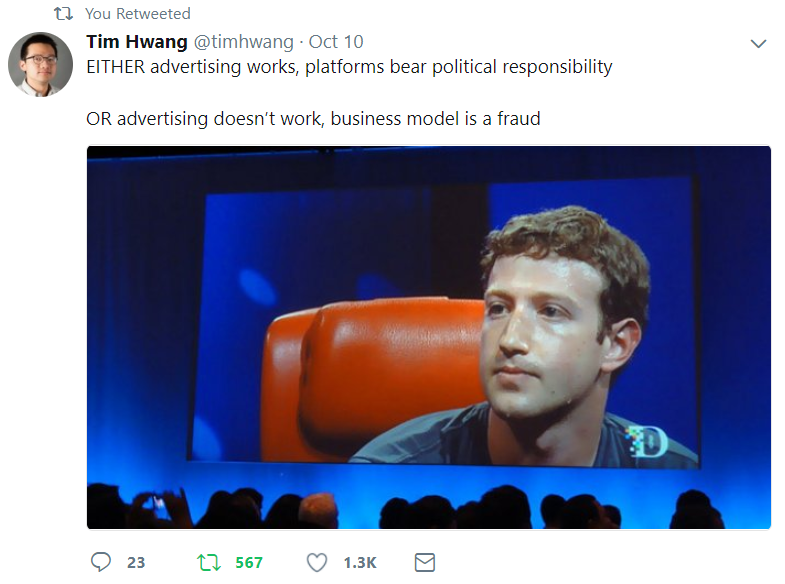
Yet do we really care? A nude pic of Kim may raise people’s eyebrows (and other things), yet when it comes to the core of Facebook’s business – corporate surveillance – many of us are indifferent. When put to friends and students, the most common response I get is an uninterested shrug followed by “I’ve got nothing to hide”. It’s a conversation killer, as it implies privacy only serves to protect secrets, and the moral position is to be an open book.
I think there’s much more to privacy than hiding the past. So, I’ve decided to give privacy a makeover – a glam up for the digital age. With that in mind, here’s five reasons why you have something to hide.
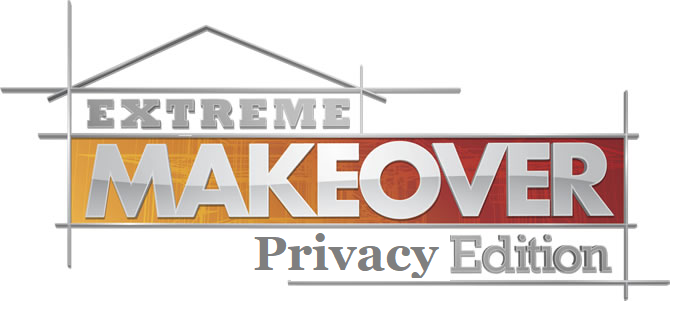 1. Surveillance hooks you to your devices
1. Surveillance hooks you to your devices
Part of the reason we mindlessly scroll on our phones is because much of your digital experience is personalised to you. And this is only possible because of the data trail you leave behind. What you click on, ‘like’ or share, is collected and analysed to inform what future content you see. These are called ‘filter bubbles’ and are designed to keep you online as long as possible (to benefit advertisers).
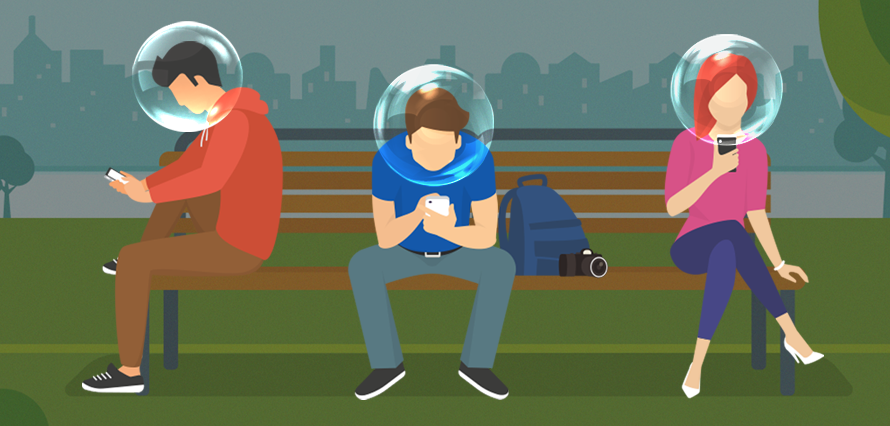
If you want to break the cycle of relentlessly checking your phone, then consider enhancing your privacy so the content isn’t always so enticing. Consider an analogy to junk food: if your favourite chocolate bar was only ever an arm’s reach away, how long would you be able to resist it?
2. You become more biased
Filter bubbles are also dangerous because they erode our ability to relate to other people. This is because the biggest distributors of online news, Facebook and Google, have replaced news editors with the news feed. These feeds are highly personalised, and only ever display articles we want to see. To see how this works in action, check out Blue feed, Red feed, a Wall Street Journal tool that compares ‘liberal’ and ‘conservative’ news feeds.
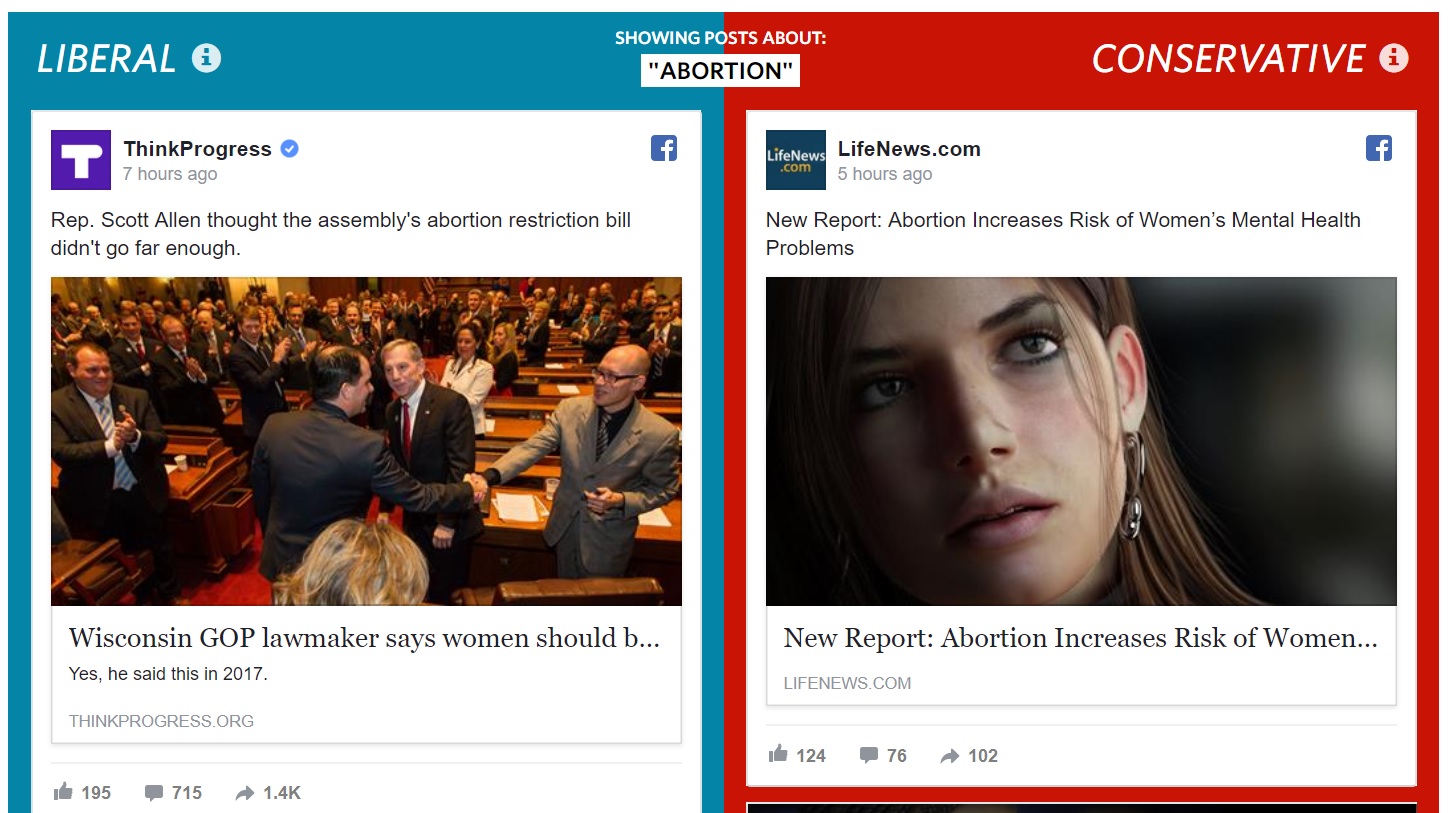
Personalised news feeds are terrible editors. They cannot identify stories that are profoundly biased, or even fake, and those designed to spread fear, mistrust, or outrage. This hampers our ability to build consensus, or have empathy for different perspectives. In online echo-chambers, the only opinion you hear is your own.
3. And a bore
Another downside to filter bubbles is that it kills your creativity. As you begin to see more familiar content, your exposure to new ideas diminishes, and with it, the chance of putting two and two together. Put it this way, if Archimedes was on Facebook, would he have had his famous Eureka moment?

In his book Adcreep, legal professor Mark Bartholomew aptly summarises why personalised content saps creativity:
“truly serendipitous encounters require an element of true randomness that is divorced from hidden thoughts and past experience, and these are the sorts of encounters that are unlikely to aid an advertiser’s bottom line.”
For our inner artist to flourish, we need quiet, private moments. Instead, corporate surveillance evaporates our refuge for creative thinking, assuming every moment is a sales opportunity.
4. It pressures you to be perfect
Privacy is less about hiding the skeletons in your closet, and more about having the freedom to have a skeleton in the first place. To try new things without the fear of faux-pas. Yet in a culture of selfies and surveillance, there’s little room for mistakes. When the lives of others are at our fingertips, we become hyper self-conscious and compare ourselves to others at will.
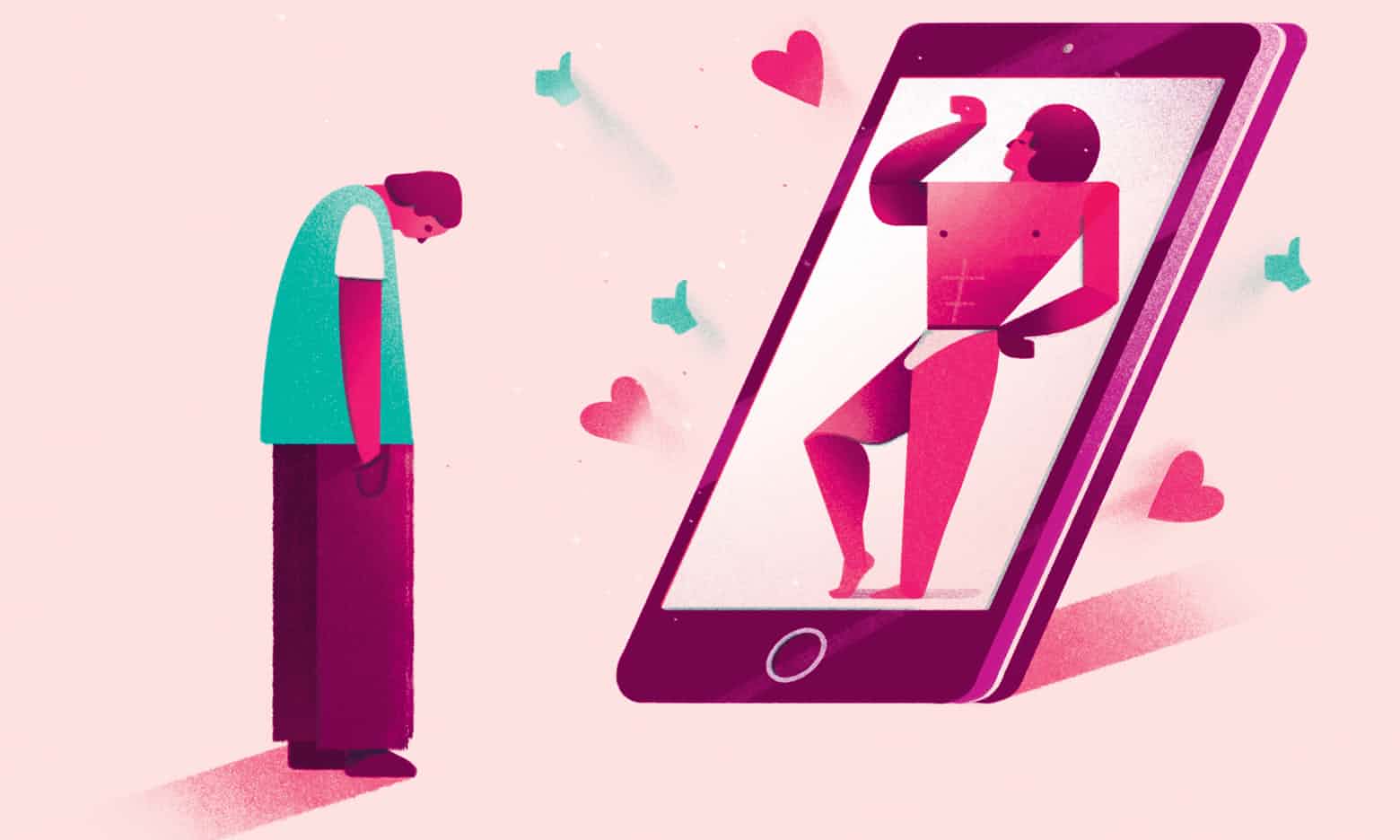
Thanks to platforms like Instagram and LinkedIn, the ideal life no longer sits within glossy weekend magazines, but in the personalised news feeds of our friends and peers. It’s here we’re bombarded with body shapes or job promotions we think we should have. And no one ever reminds us that these are painstakingly curated, and void of any plain or ugly moments – the sort that makes people ‘human’ and reality ‘real’. This is why the UK Royal Society of Public Health recently warned that Instagram and Snapchat inspire feelings of inadequacy, anxiety and self-loathing.
In other words, corporate surveillance creates inauthenticity. A Facebook window into someone’s life doesn’t show who they really are, but instead what they want you to think of them. It’s only through private moments that we discover genuine behaviour.
5. Overall, it’s about protecting you from manipulation
What all these points have in common is that privacy serves to protect you from outside manipulation. It’s about enhancing your ability to put your phone down, step outside of your echo-chamber, and be comfortable in your own skin. These decisions are undeniably harder when tech companies have an unprecedented amount of insight into your motivations and subconscious desires. Forget the nanny state, this is nanny tech.

The influence Facebook has is scary. It has a reach of over two billion people, and according to leaked documents, the power to identify your mood, ‘swing’ political issues, and accordingly match you with specific ads and news stories. Instead of providing us with more or better choices, these persuasive techniques threaten to make choices for us.
In a world of diminishing privacy, where companies like Facebook know more about you than you do, you lose the ability to know when choices are being made on your behalf.
—
Hopefully the reasons above convince you there’s more to privacy than preventing public knowledge about your guilty pleasures. For tips on how to enhance your privacy or game corporate surveillance in your favour, check out how to disconnect from the attention economy. Otherwise stay tuned for a future post on how to fix privacy.

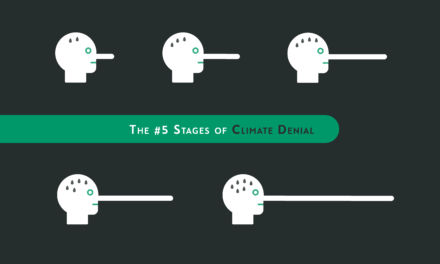
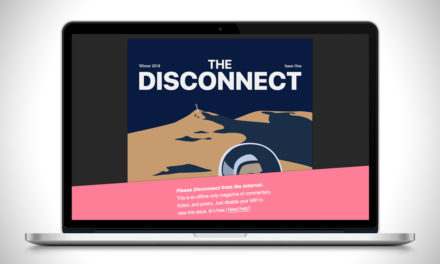
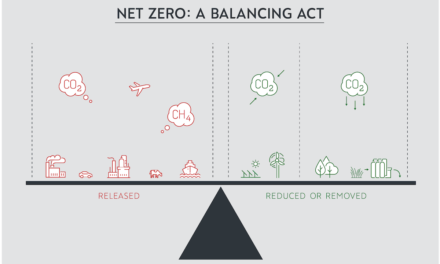
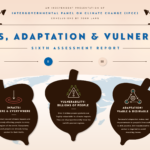
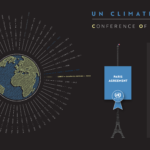
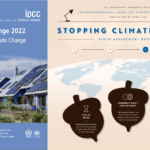


Hey Alex – you should get your hands on this week’s Economist; the briefing article titled “How the world was trolled” is excellent reading
Cheers Scott will do!